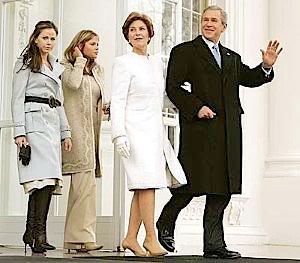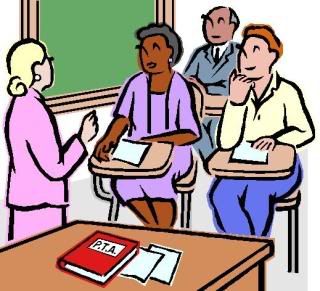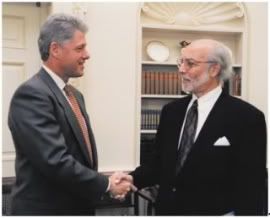
Dr. Gerald Newmark’s classic book on
How to Raise Emotionally Healthy Children, which has been available in many languages including English and Spanish, and which now has an audio CD version in English and Spanish, clarifies what are the basic emotional needs of all children. These are the fundamental needs that parents, teachers and schools need to address in raising and educating children.
The Five Critical Emotional Needs of Children: Definitions and ExamplesEmotional health provides a foundation for success in school, work, marriage and life in general. Accoring to Dr. Newmark, failure to recognize and satisfy these five needs jeopardizes our children's future and that of succeeding generations.
Need to Feel Respected Children need to feel respected. For that to happen, they need to be treated in a courteous, thoughtful, attentive and civil manner. One of the best ways for children to learn about respect is to feel what it's like to be treated respectfully and to observe their parents and other adults treating one another the same way.
If we want children to grow up feeling respected and treating others with respect, we need to avoid sarcasm, belittling, yelling; we need to keep anger and impatience to a minimum; we need to avoid lying; we need to listen more and talk less; we need to command less and suggest and request more; we need to learn how to say "please," "thank you," "excuse me", "I'm sorry"- yes, even to children. We need to become conscious of our mistakes, willing to admit them and ready to make corrections. This will help us cultivate these values in our children.
Need to Feel Important Feeling important refers to a child's need to feel: "I have value. I am useful. I have power. I am somebody." This need is evident at a very early age. Pressing a button in an elevator - me, me. Children want to do things for themselves, and so often we get in their way.
Parents need to avoid being all powerful, solving all family problems, making all decisions, doing all the work, controlling everything that happens. Involve your children - ask their opinions; give them things to do; share decision-making and power; give them status and recognition, and have patience with mistakes when it takes a little longer or is not done as well as you could have done yourself.
If children do not feel important, if they don't develop a sense of value in constructive ways, they may seek negative ways to get attention, to feel "I am somebody."
Need to Feel AcceptedChildren have a need to feel accepted as individuals in their own right, with their own uniqueness, and not treated as mere reflections of their parents, as objects to be shaped in the image of what parents believe their ideal child should look like. This means that children have a right to their own feelings, opinions, ideas, concerns, wants and needs. Trivializing, ignoring or ridiculing a child's feelings or opinions is a rejection which weakens the relationship. Paying attention to and discussing them, even when you do not like or disagree with some, strengthens the relationship.
Need to Feel Included Children need to feel included. They need to be brought in, to be made to feel a part of things, to feel connected to other people, to have a sense of community. It happens when people engage with others in activities and projects, when they experience things together in a meaningful way. It is important for the family to create these opportunities. People who do things together feel closer to one another. Family activities offer a way to become closer and also to have fun, learn, and contribute to others.
Need to Feel SecureChildren need to feel secure. Security means creating a positive environment where people care for each other and show it, where people express themselves and others listen, where differences are accepted and conflicts are resolved constructively, where enough structure exists for children to feel safe and protected, and where children have opportunities to actively participate in their own and family evolution through family planning and decision making, problem solving and feedback activities.
Dr. Newmark’s book, which has already sold more than 300,000 copies, details the many ways that parents and teachers can act so as to meet and not thwart children’s needs. Now that it is available as an audio CD it can be listened to in the car or while relaxing. It is a truly important book that every parent, teacher or anyone who works with and loves children should spent time reading, listening to and learning from.
To order,
click here.




























